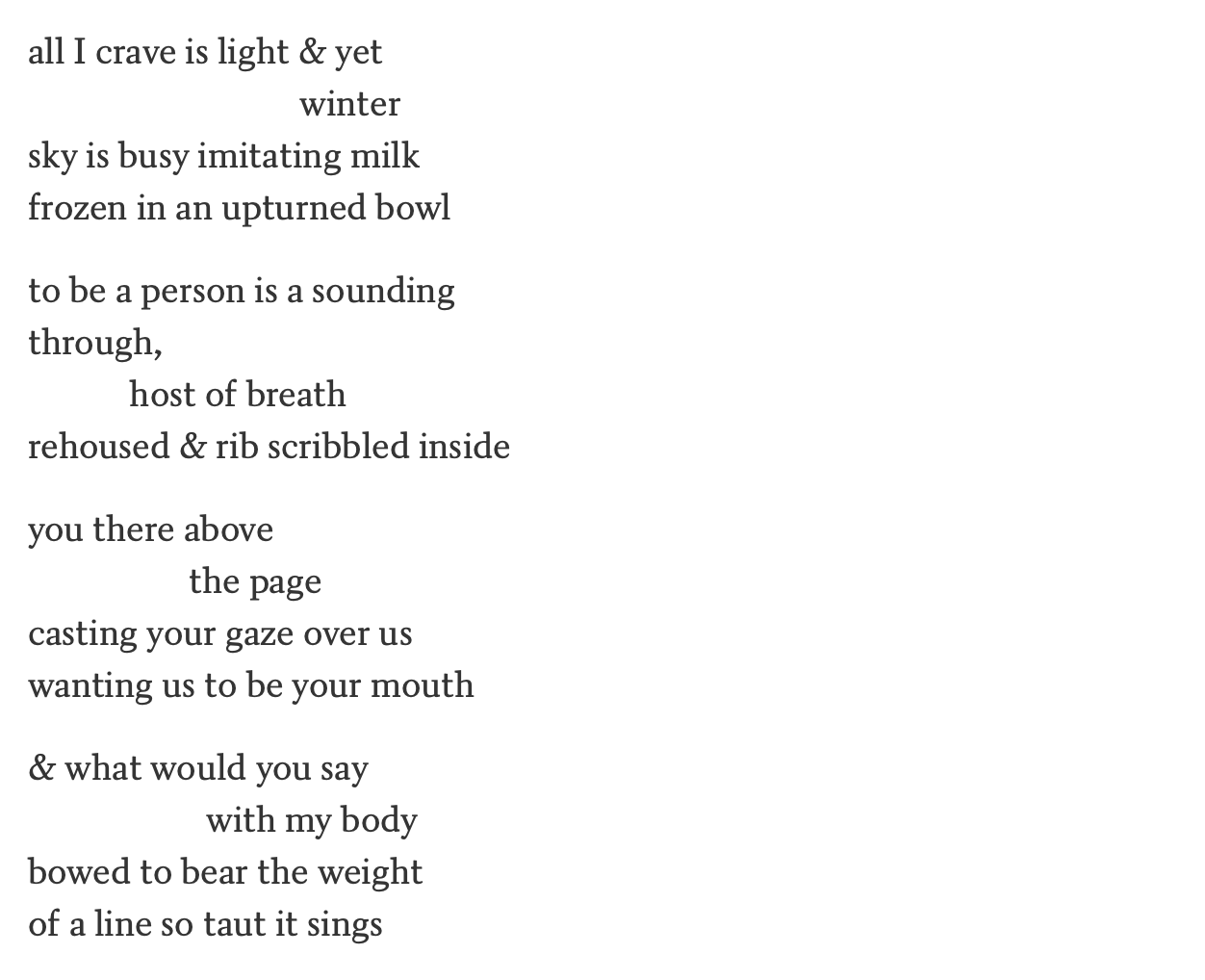Are you from a rural community or the American South? Share your story with us to be published in an upcoming newsletter!
If you haven’t read it yet, I’ve been revisiting The Dark Mountain Project’s manifesto this week, and it always strikes a new chord for me. Especially this, always: “So we find ourselves, our ways of telling unbalanced, trapped inside a runaway narrative, headed for the worst kind of encounter with reality. In such a moment, writers, artists, poets and storytellers of all kinds have a critical role to play. Creativity remains the most uncontrollable of human forces: without it, the project of civilisation is inconceivable, yet no part of life remains so untamed and undomesticated. Words and images can change minds, hearts, even the course of history. Their makers shape the stories people carry through their lives, unearth old ones and breathe them back to life, add new twists, point to unexpected endings. It is time to pick up the threads and make the stories new, as they must always be made new, starting from where we are.”
I reread Station Eleven a lot last year, when the world first started to shift. I’m excited to see it come to life.
Steve Bullock is arguing that democrats need to get out of the city more for The New York Times. I agree.
Guernica has a recent issue out about dirt. “The thing that sullies is,” they say, “can also be what cleanses us.” Yes.
I am so deeply sad about bell hooks and I have been thinking about this quote all day:

Saw too many “hot takes” about Kentucky this week. A reminder:

I’ve felt a lot of this sadness recently, and will write about it next week, but for now I am trying to stay aware:

I work at the intersection of arts, education, and nonprofit work in the rural South. Sometimes it is exhausting. Especially when I read about how little funding we get.
One of the most beautiful poems I have ever read, by Ohio-based poet Philip Metres:
This beautiful “solstice version” of Helplessness Blues by Fleet Foxes to soundtrack your weekend.
And finally, my favorite playlist on Spotify, curated each week by musician Ethel Cain. I could— and frequently do— listen to this for hours.




